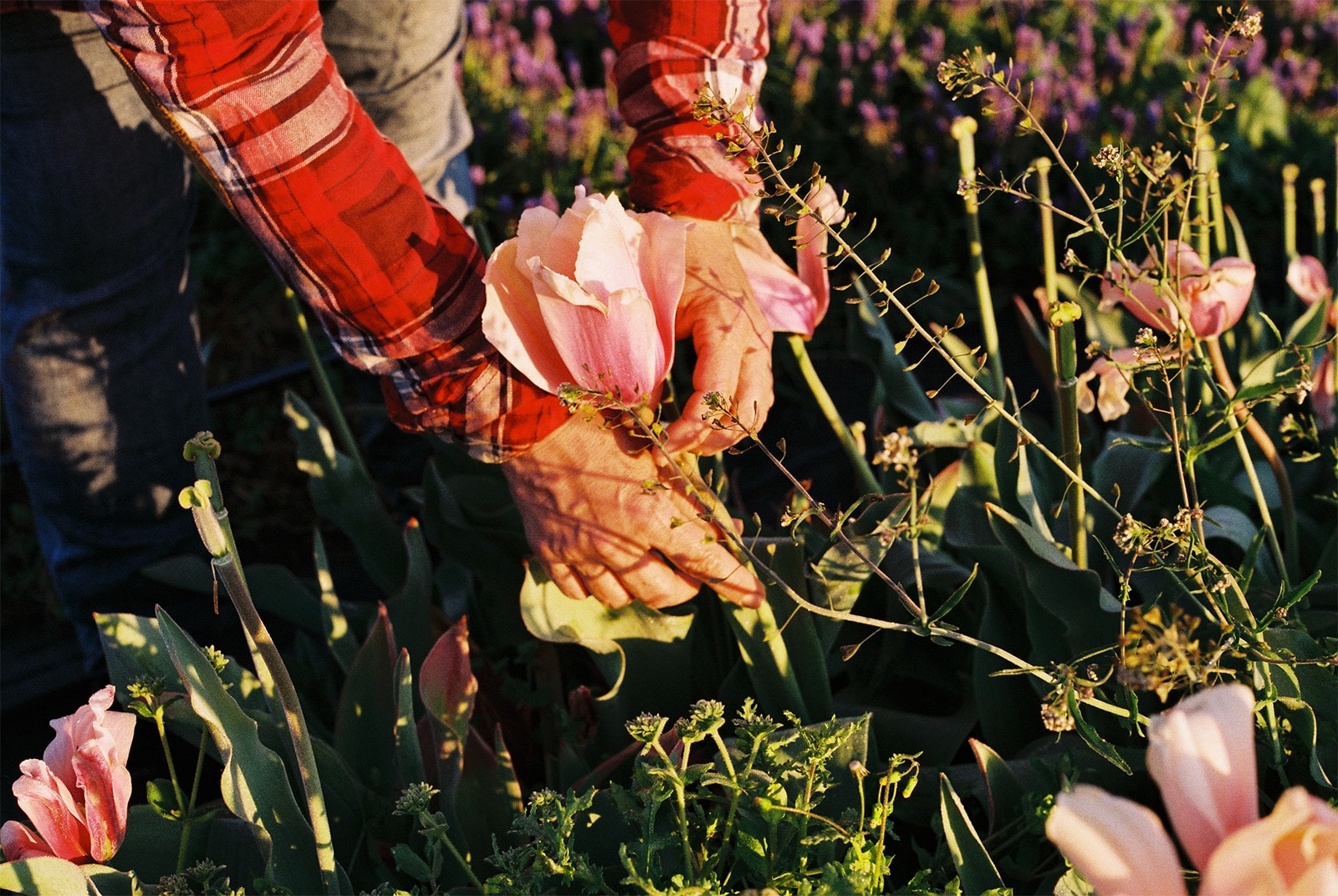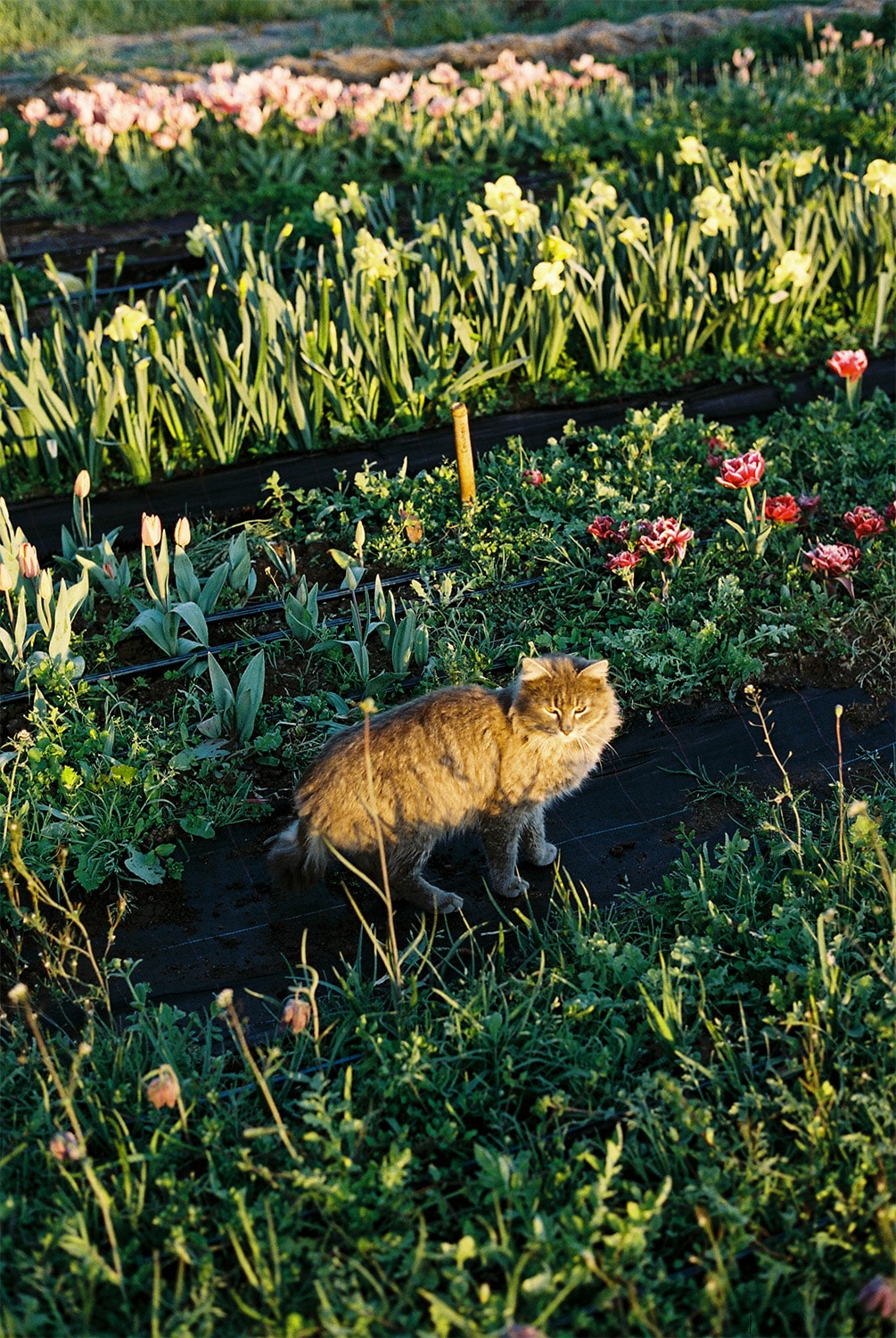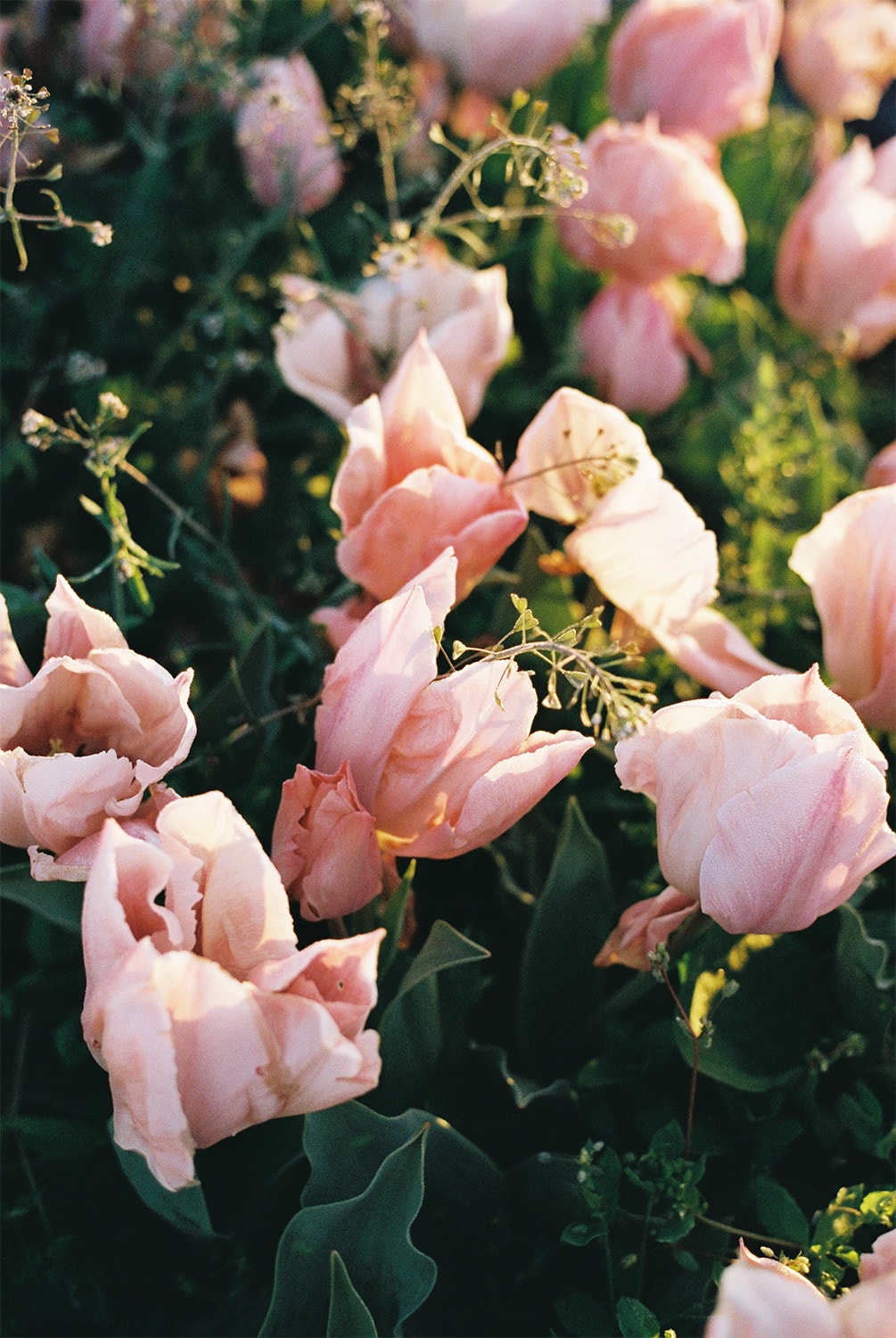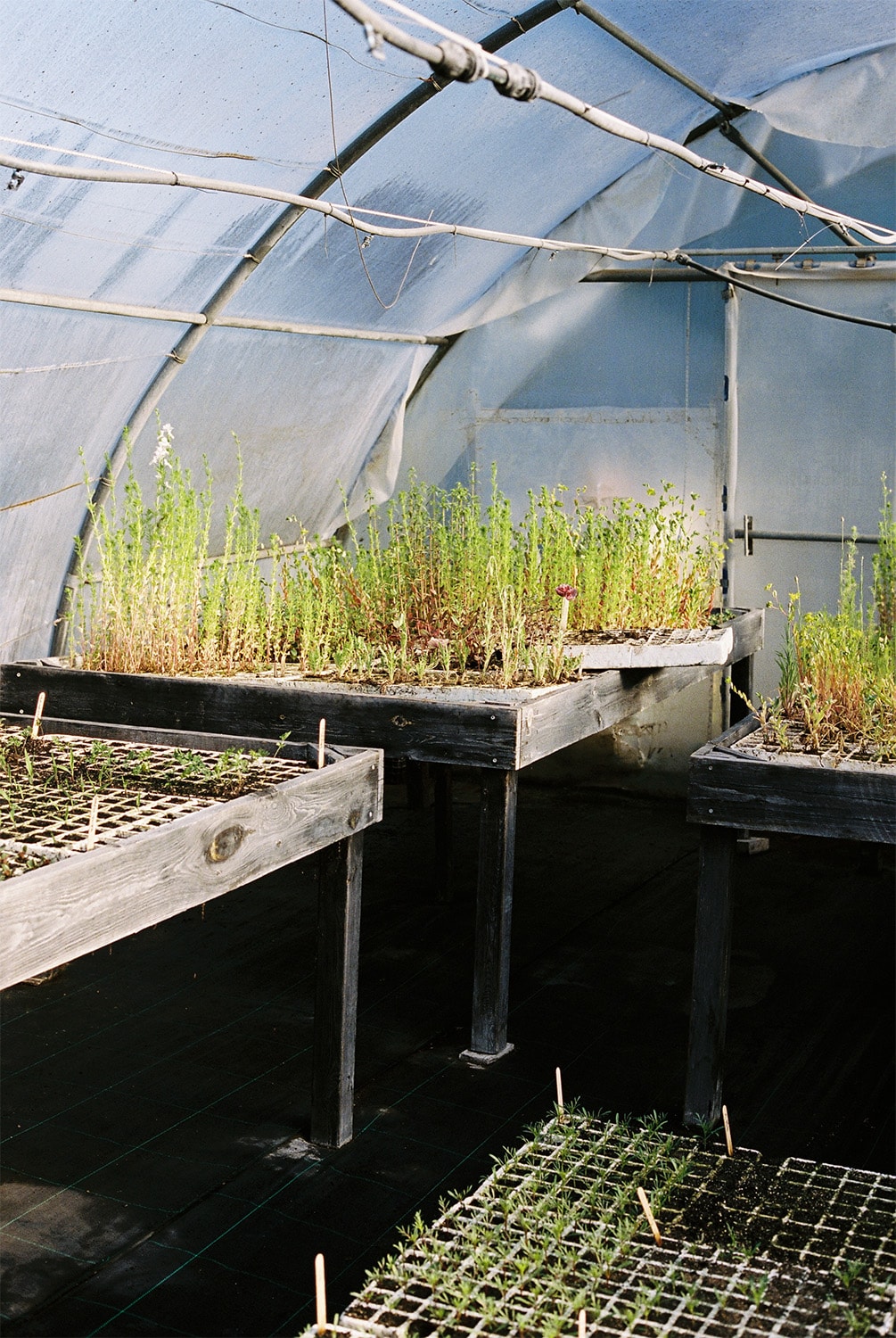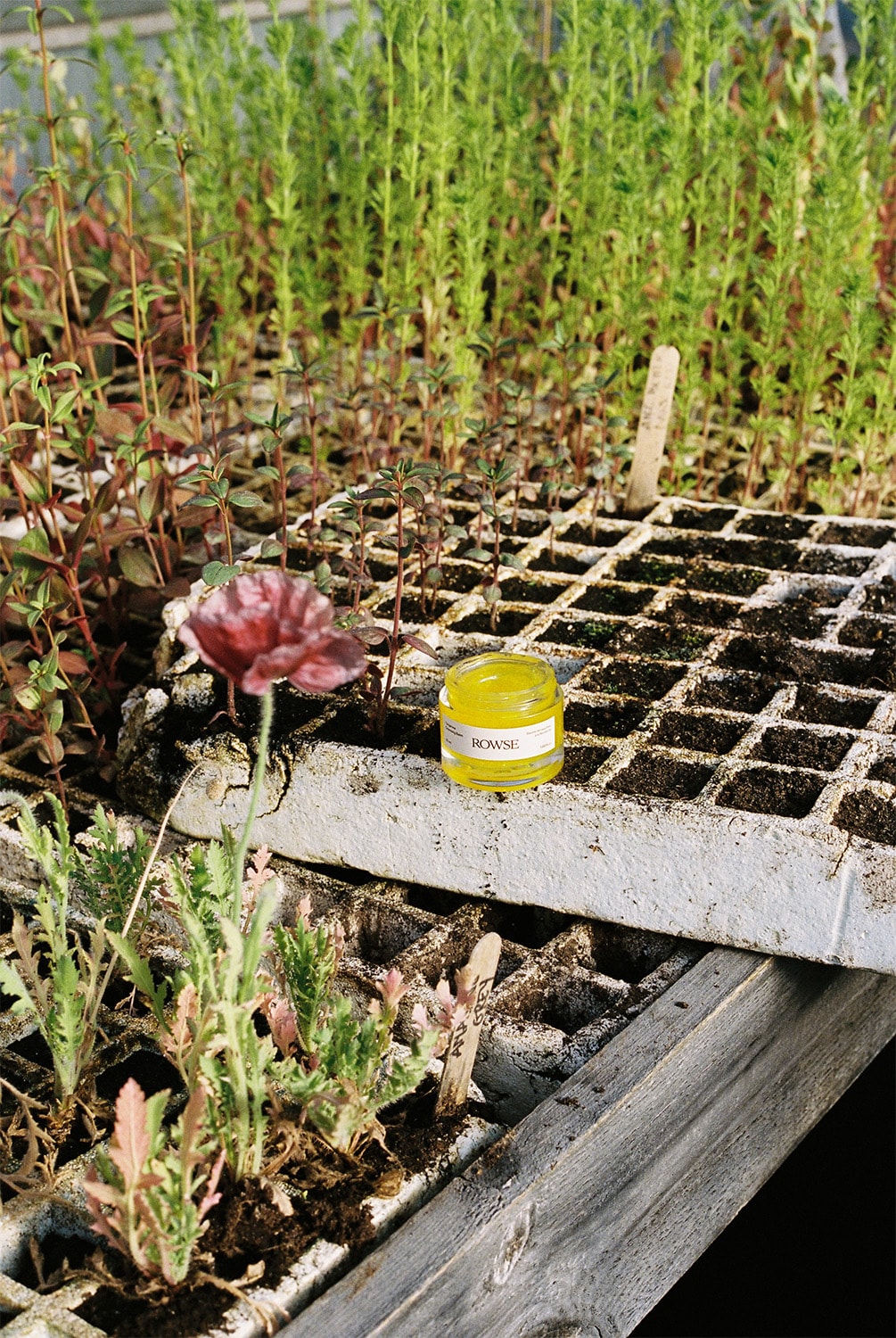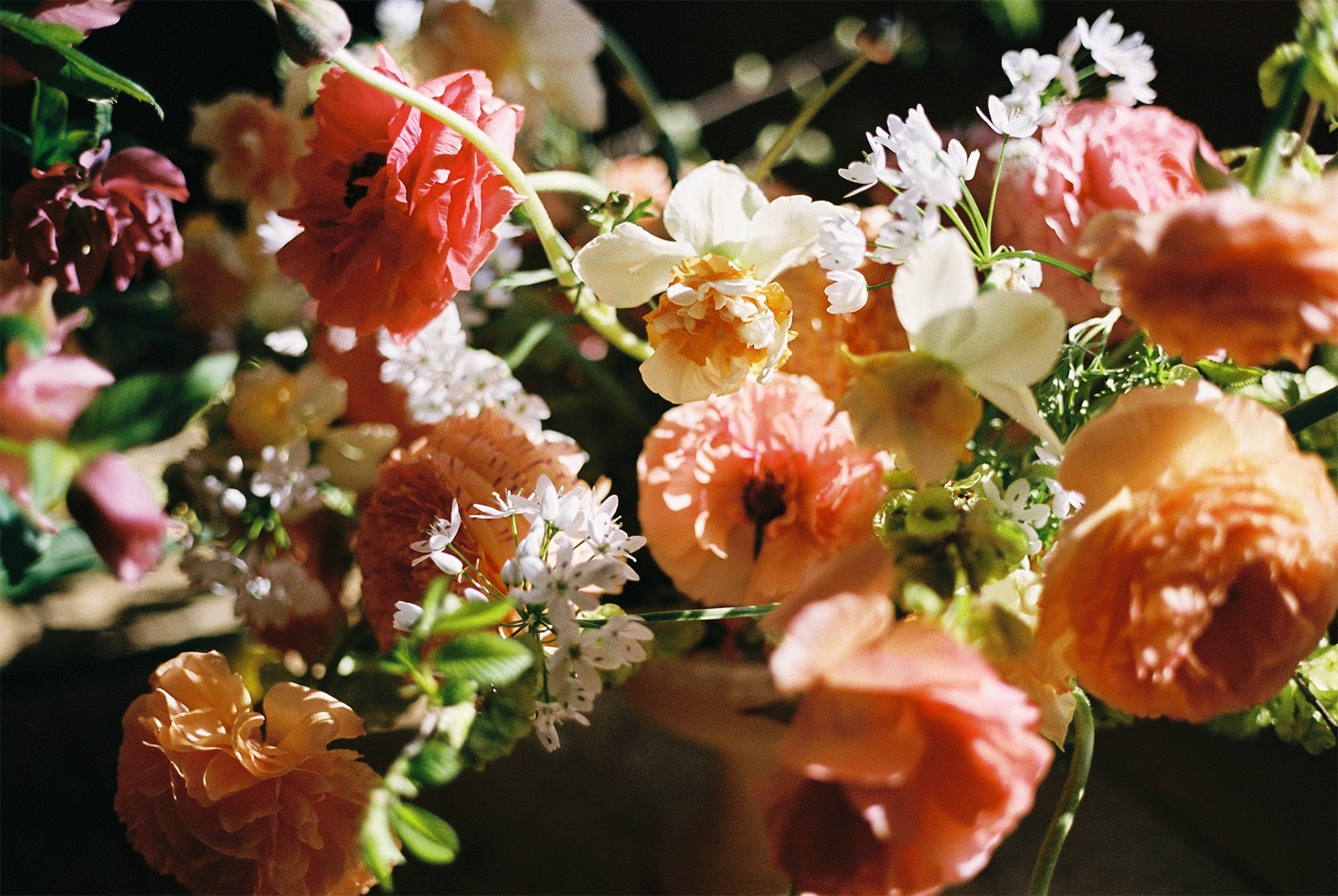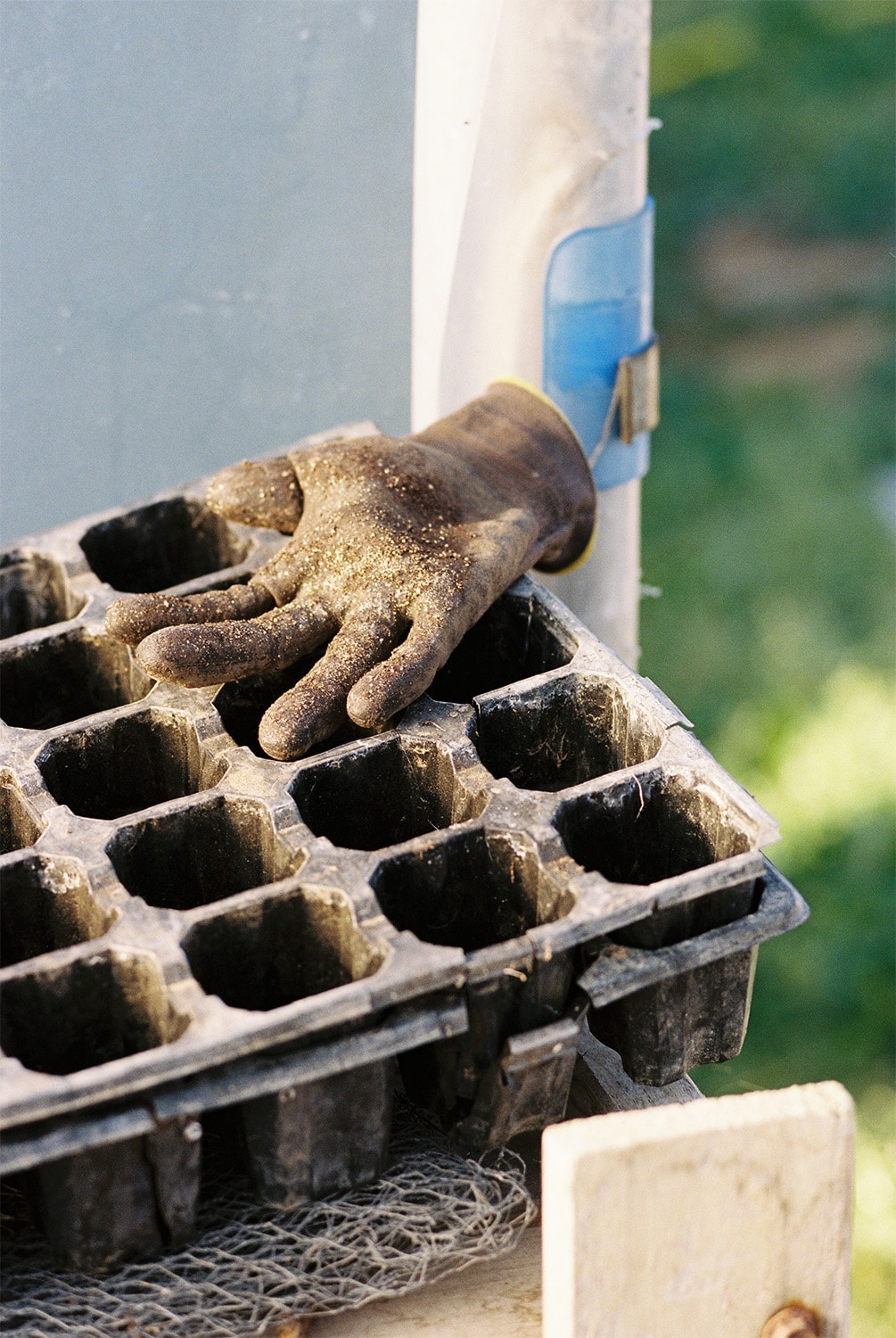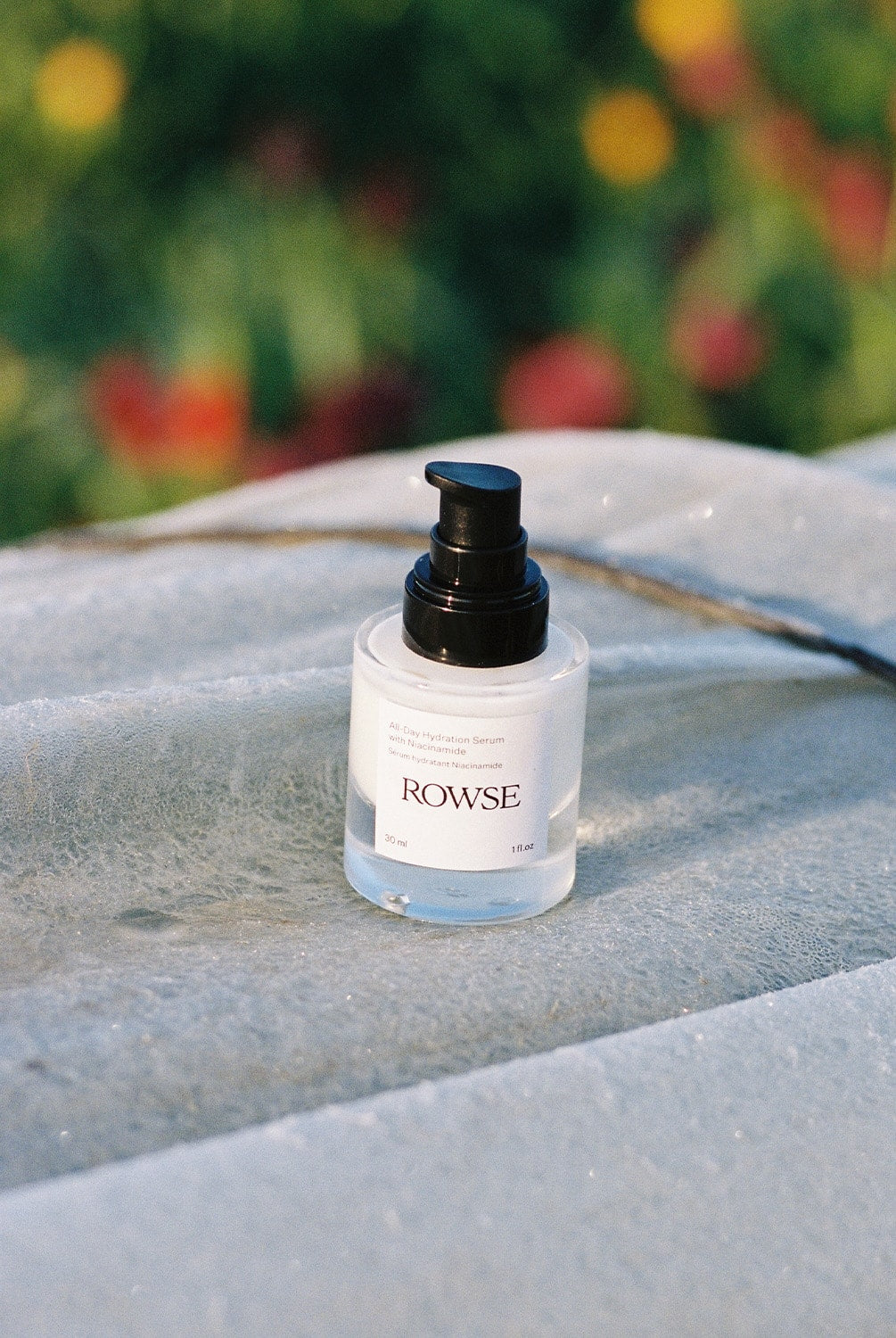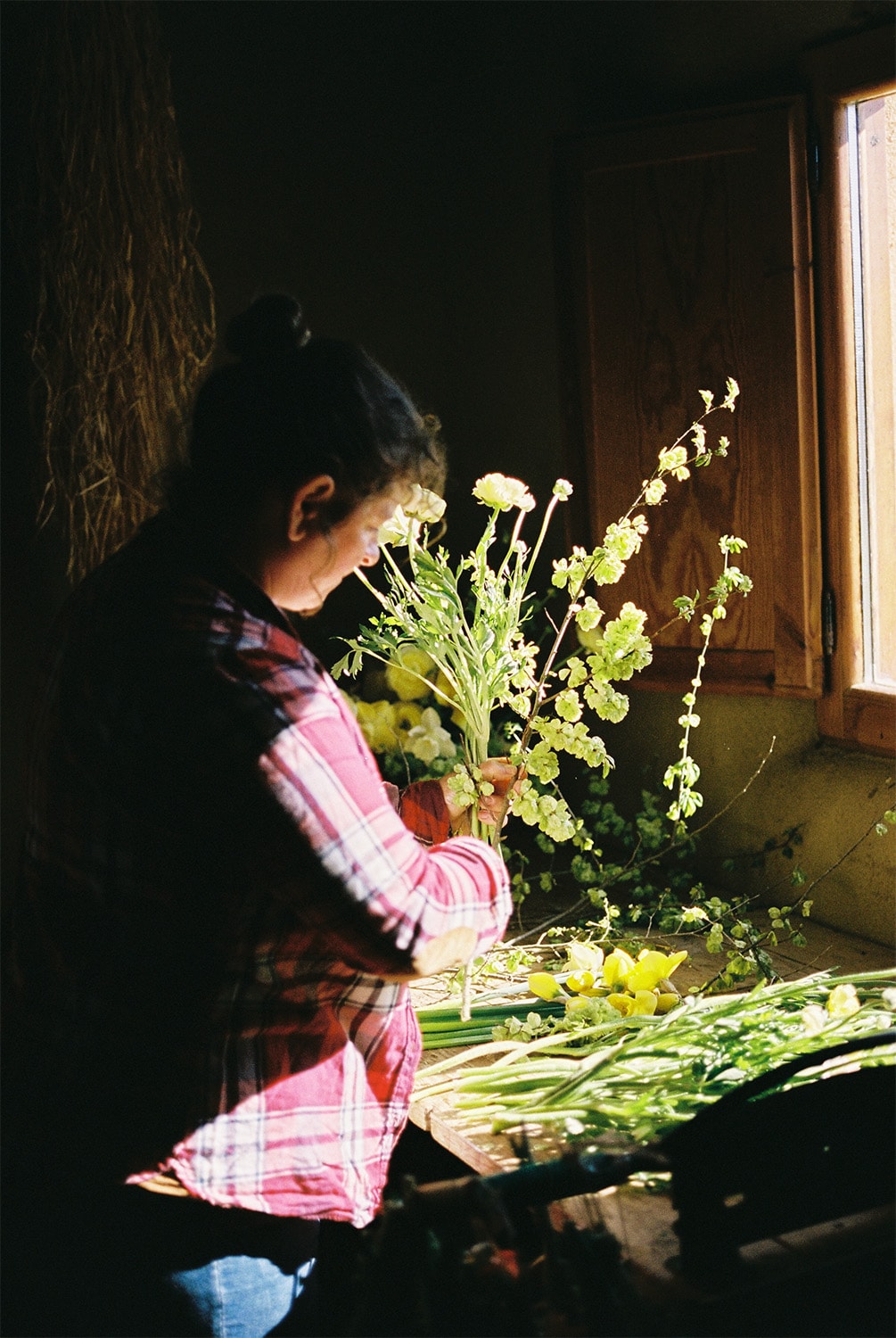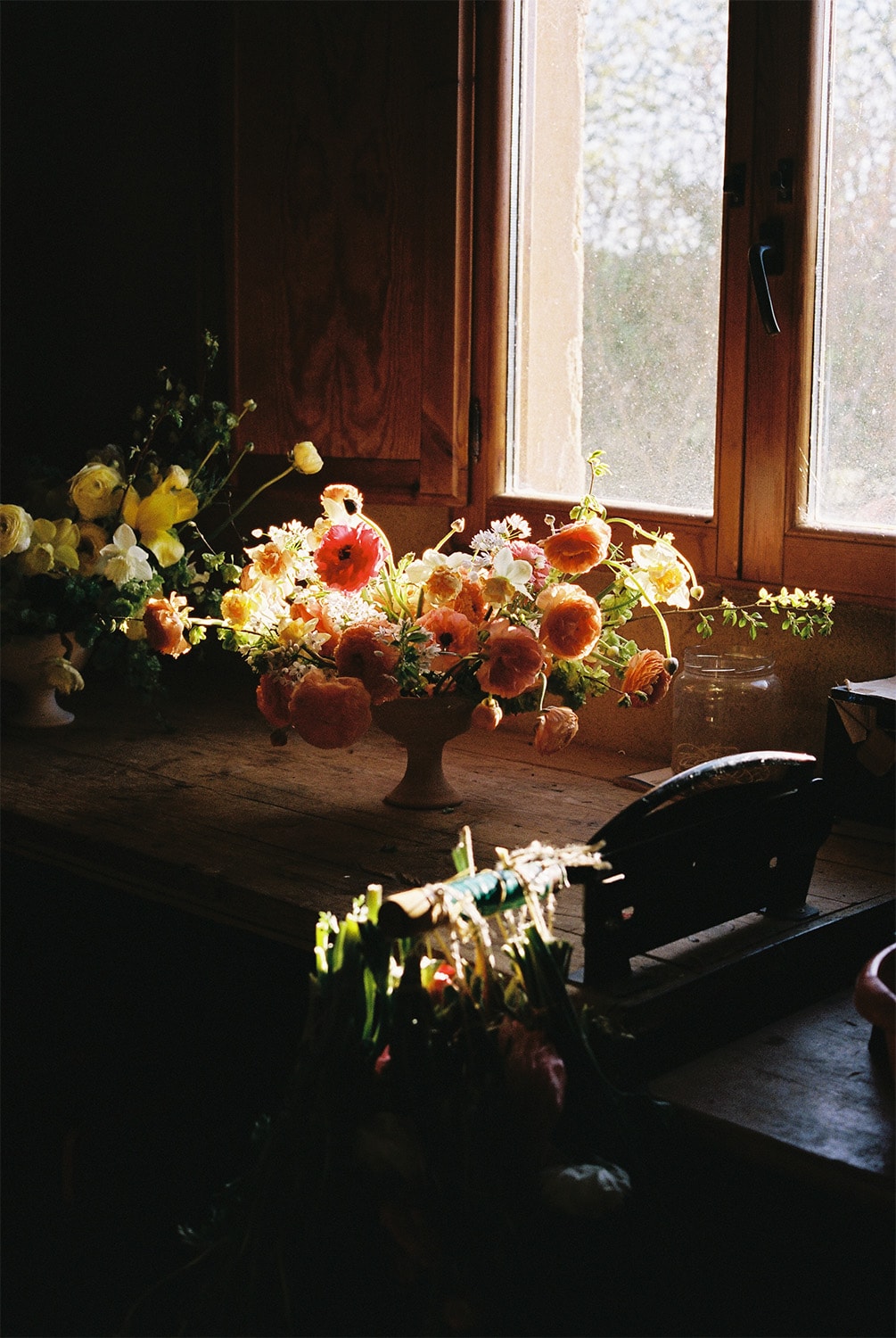My work is very varied. On the one hand, it is very rewarding, as I never get bored, but on the other hand, it is difficult to organise everything and to be efficient or effective. It also changes a lot with the seasons. In winter, the plants rest, and so do we. We spend our time arranging the infrastructure and preparing the soil to welcome the spring with strength. We plant the seedlings and plan for the next season. We also offer online training courses.In spring, everything explodes, life, fauna, and flora. The sun begins to warm the soil, so it's time to plant all our hardy seedlings. It's when the tulips, anemones, ranunculus, and daffodils bloom. We offer flower arranging workshops, make bouquets to order, and take the first flowers to our florists in Barcelona. At home, we never stop harvesting and we try to sell as much as possible after several months with little income.The garden is full of flowers in the summer. It is also when we have the most work and the most sales. The work starts at 6 a.m. so that the sun doesn't overheat the flowers. We harvest and sell. We hardly have time for anything else, although we still offer workshops and organise weddings. It is a magical season, but very, very intense.In autumn, we continue to harvest –in a temperate climate like ours, the flowers bloom until November. But then it's time to take down the crops, clean up, and plant the tulips, daffodils, and ranunculus that will bloom at the end of winter.And then there's the management, the accounts, talking to customers, suppliers, and event planners. It's non-stop.
